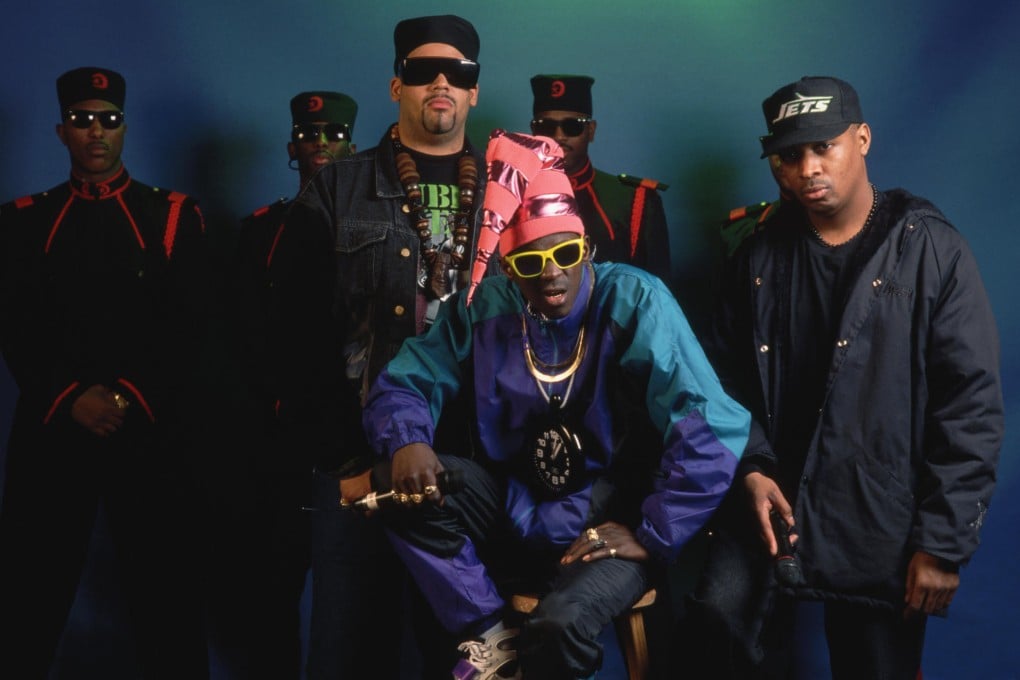Rewind album: Fear of a Black Planet by Public Enemy
Has there ever been a more direct, immediate and even threatening mission statement in the title and cover art of any record than that of Public Enemy's third album?

Public Enemy
Def Jam/Columbia
Has there ever been a more direct, immediate and even threatening mission statement in the title and cover art of any record than that of Public Enemy's third album?
On the rear cover of Fear of a Black Planet, band members Chuck D and Flavor Flav are portrayed at an apparent military command meeting poring over a map of the world, surrounded by "ministers" Terminator X and Professor Griff, and consulting their beats and samples maestros, the Bomb Squad, on what looks like plans for a world takeover. The message is clear: prepare for domination.

But it was among the incendiary tracks of Fear of a Black Planet, in numbers such as the street-wise call to arms Fight the Power, that Public Enemy laid out an intelligently formulated political manifesto.
Fear of a Black Planet gave hip hop political legitimacy and forced the music industry to accept the nascent genre as more than a mere fad. While the New York outfit's first two albums had established them as erudite rabble rousers, it was their third release that showed their rage was more than just bluster: Fear of a Black Planet had purpose and belief.